
Partnerships & Applications Workshop
June 27, 2024, 8:30 am – 5:00 pm – White Stag, Portland, OR
SAVE THE DATE: 26-27 JUNE, 2025
2025 Partnerships & Applications Workshop: University of Oregon, NE Portland Campus
Meeting Purpose

Our inaugural Partnerships and Applications Workshop on June 27, 2024 is designed to bring together representatives from communities concerned with Cascadia earthquake hazards resilience and research, including local, state and federal agencies, tribal organizations, emergency managers, utilities, industry, non-profits, and educational institutions. Through speaker and poster presentations and interactive discussion sessions, we will identify these groups’ various needs as they relate to a better understanding of the Cascadia Subduction Zone. CRESCENT science working group representatives will give updates on center research and milestones for the current 5yr NSF funding cycle. Through this forum we aim for participants to identify:
(i) the CRESCENT research/products most beneficial to their organization
(ii) complementary initiatives and opportunities for collaboration
(iii) a process and plan for effectively engaging with the research

Meeting Resources

Presentation Recordings
Meeting Information Packet
Poster Presentations
Agenda

Morning: Welcome & Presentations
- 8:30-9:00am | Registration and light breakfast
- 9:00-9:15am | Welcome and introduction to the workshop
- 9:15am-12:00pm | Community presentations: short talks and poster session
- 9:15-10:15am | Presentations Session 1
- 9.15 am – Cascadia Subduction Zone (CSZ) science & resilience needs: utilities and infrastructure
- Design of a new resilient water transmission system for the Cascadia Subduction Zone earthquake and other seismic hazards, Mike Britch, Tualatin Valley Water District
- Importance of the Cascadia Subduction Zone for Pacific Gas & Electric Company assets, Albert Kottke, Pacific Gas & Electric Company
- Updating BC Hydro’s 2012 PSHA model, Martin Lawrence, BC Hydro
- 9.40 am – CSZ resilience planning (I): state and federal agency updates and needs
- Mapping, modeling, and communicating earthquake and tsunami hazards in Oregon, Jonathan Allan and Lalo Guerrero, Oregon Department of Geology and Mineral Industries
- Toward actionable tsunami forecast for Cascadia, Vasily Titov, NOAA Pacific Marine Environment Laboratory
- ODEM: Meet your state emergency management agency, Althea Rizzo, Oregon Department of Emergency Management
- How science can support emergency management to inform planning for a CSZ event, Hannah Rabinowitz, FEMA Region 10
- Session 1 Q+A
- 9.15 am – Cascadia Subduction Zone (CSZ) science & resilience needs: utilities and infrastructure
- 10:15-10:45pm | Coffee and poster session
- 10:45am-12:00pm | Presentations Session 2
- 10:45 am – CSZ resilience planning (II): local/community efforts and needs
- The Redwood Coast Tsunami Work Group: A collaborative approach to develop strategic messaging for Northwest California, Ryan Aylward, NOAA National Weather Service
- Emergency management and vulnerability in low-income housing, Carolina Gomez, Home Forward
- Use of earthquake science in disaster airlift planning, Jim Origliosso, Oregon Disaster Airlift Response Team
- 11:10 am – CSZ hazard communication and outreach
- ShakeAlert: Earthquake early warning for all, Gabriel Lotto and Robert de Groot, Pacific Northwest Seismic Network/USGS
- Assessment of experiences, interest, and accessibility associated with hazard warnings to improve equity in disaster risk reduction, Mike Brudzinski, University of Miami, Ohio
- Three tips for engaging conversations between earthquake professionals and members of the public, Marcie Benne, Oregon Museum of Science and Industry
- 11:30 am – CSZ science & resilience partnership case studies and call to action
- Introduction to the Cascadia CoPes Hub: geohazard research and community engagement, Harold Tobin, University of Washington
- Oregon’s Top Two Danger Zones, Yumei Wang, Portland State University
- Session 2 Q+A
- 10:45 am – CSZ resilience planning (II): local/community efforts and needs
- 12:00-1:00pm | Lunch (provided)
Afternoon: CRESCENT Updates and Breakout Discussions
- 1:00-1:15pm | CRESCENT overview
- 1:15-1:50pm | CRESCENT working group and special interest group presentations
- Community Fault Model (CFM)
- Community Velocity Model (CVM)
- Cascadia Paleoseismology (CPAL)
- Dynamic rupture, Earthquake cycles and Tsunamis (DET)
- Coupling, Seismicity and Slow-slip (C3S)
- Special Interest Groups: Offshore Observations, Ground Motion Modeling, Ground Failure, Cascadia Fluids Model
- 1:50-2:00pm | Breakout session introduction
- 2:00-2:55pm | Breakout discussion 1 – CSZ organizational needs and concerns
- 2:55-3:15pm | Refreshments
- 3:15-4:00pm | Breakout discussion 2 – Application of CRESCENT products and ways to engage
- 4:00-4:30pm | Breakout session review
- 4:30-5:00pm | Closing comments and networking
Registration

Registration Process and Fees
REGISTRATION IS NOW CLOSED FOR THE 2024 WORKSHOP
There is no registration fee for the CRESCENT Partners & Applications Workshop.
Registration Deadlines
5/26/24 – last day to register for consideration of travel support requests
6/11/24 – final day for workshop registration
Remote Participation
The workshop will be in-person with an interactive focus and not offered in a virtual format. However, we will record presentations from the morning and afternoon speaker sessions. These presentations will be available to watch via a link on this webpage after the workshop.
Cancellation or Changes
If your plans change and you are no longer able to attend the workshop, please email sthoms@uoregon.edu a.s.a.p. We will open your spot to another attendee.
Posters
We invite participants to present a poster featuring their institution’s connection to Cascadia subduction zone earthquake hazards and research. Please indicate your intent to bring a poster on your registration form and email a .pdf copy of your poster to acliff@uoregon.edu by 6/20/24. Poster dimensions should be a maximum of 41″ (height) by 57″ (width). Poster boards/stands, pins and tape will be available at the venue and posters can be at the start of registration.
Travel & Lodging

06/27/2024
White Stag Block, 70 NW Couch St, Portland, OR 97209
Local information
The White Stag is an iconic building in downtown Portland, near the center of the Old Town Chinatown district, the city’s oldest neighborhood. Learn more about the history and places to eat, drink and visit here.
Flights and ground transportation
Portland airport (PDX), is a 15-20 minute drive from the workshop venue and downtown hotels. The MAX Light Rail Red Line connects PDX and downtown and the Skidmore Fountain stop is just 800ft from the White Stag Block (13 stops and ~33 mins from PDX).
Parking
The hotels offer valet parking for an additional fee. Downtown street parking is available, though there are time restrictions in metered zones between 8am and 7pm. The closest parking lot to the White Stag is the SmartPark Garage at Naito & Davis, one block north of the venue. Other options are listed below with links to more information including hours of operation and current rates:
Lodging
For those supporting their own travel, we have secured preferred rates at The Hoxton (0.4 miles from White Stag – 20% discount on standard rate) and the Heathman Hotel (0.8 miles from White Stag – $159/night +tax, daily facilities fee waived – valid until 5/26/24) from June 26-28. Please use the links or numbers below to make your reservation directly with the hotel and quote “CRESCENT workshop” when booking.
The Hoxton: 503-770-0500 (use code “UOOR“)
Heathman Hotel: 503-241-4100 (Click here to make your reservation)
Travel support
A limited amount of travel support is available for participant transport and lodging. The online RSVP will allow you to indicate your support needs. Those selected to receive lodging support will be offered either single or double occupancy lodging at The Hoxton hotel. Unfortunately, we are not able to provide support for all participants.
Please register by 5/26/24 to be considered for travel support
Meet The Team
Organizing Committee

This workshop is convened by CRESCENT’s Partnerships & Applications Committee with facilitation by Kellum Tate-Jones (Refugium Consulting) and input from members of CRESCENT’s Senior Personnel. Please reach out to acliff@uoregon.edu if you have any questions regarding workshop logistics.
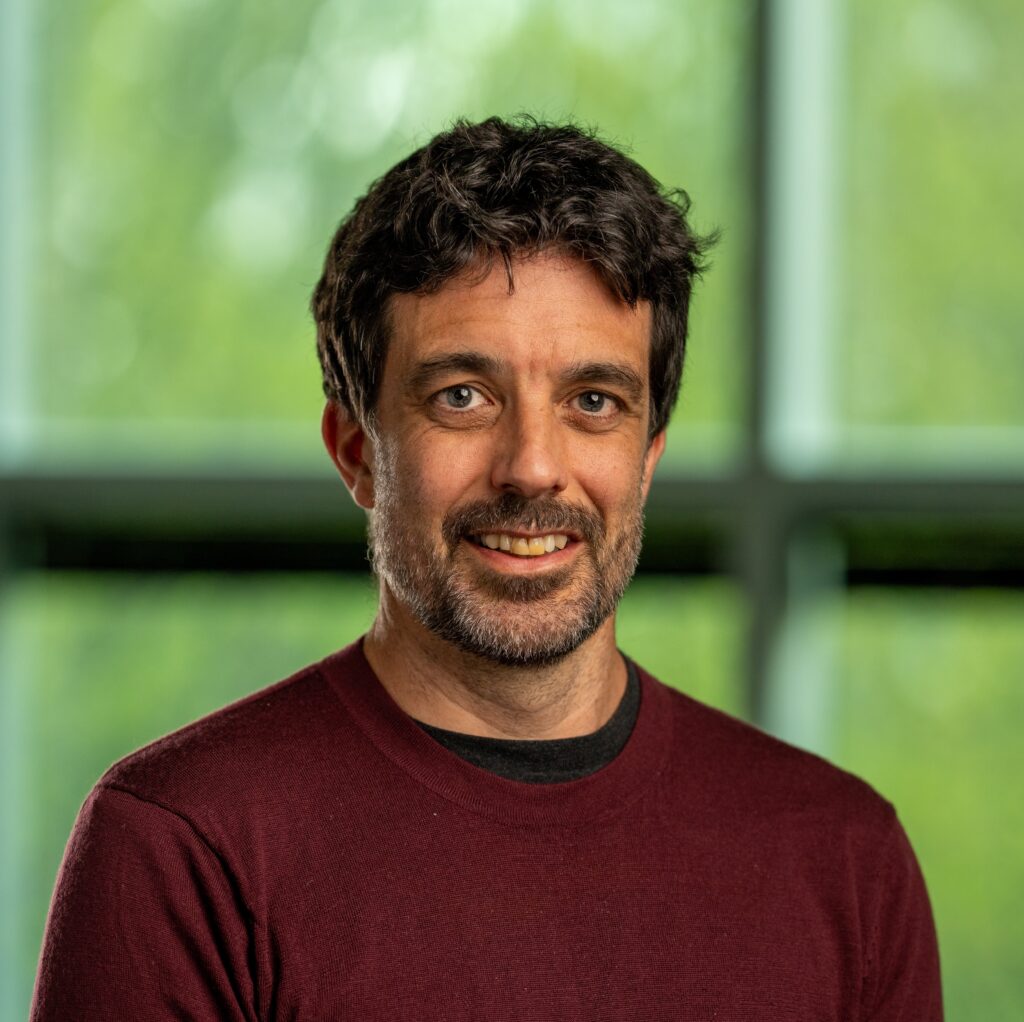
Andy Clifford
P&A Program Manager
acliff@uoregon.edu
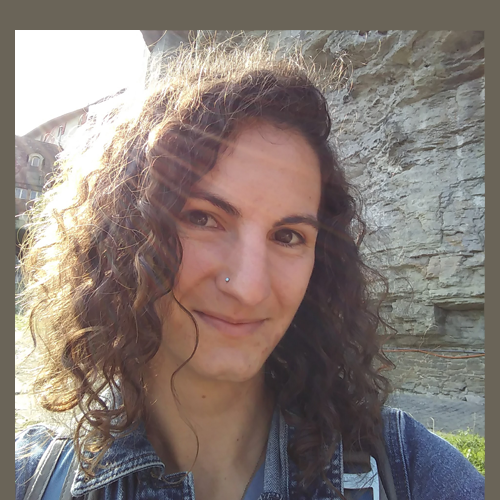
Valerie Sahakian
P&A Program Lead
vjs@uoregon.edu
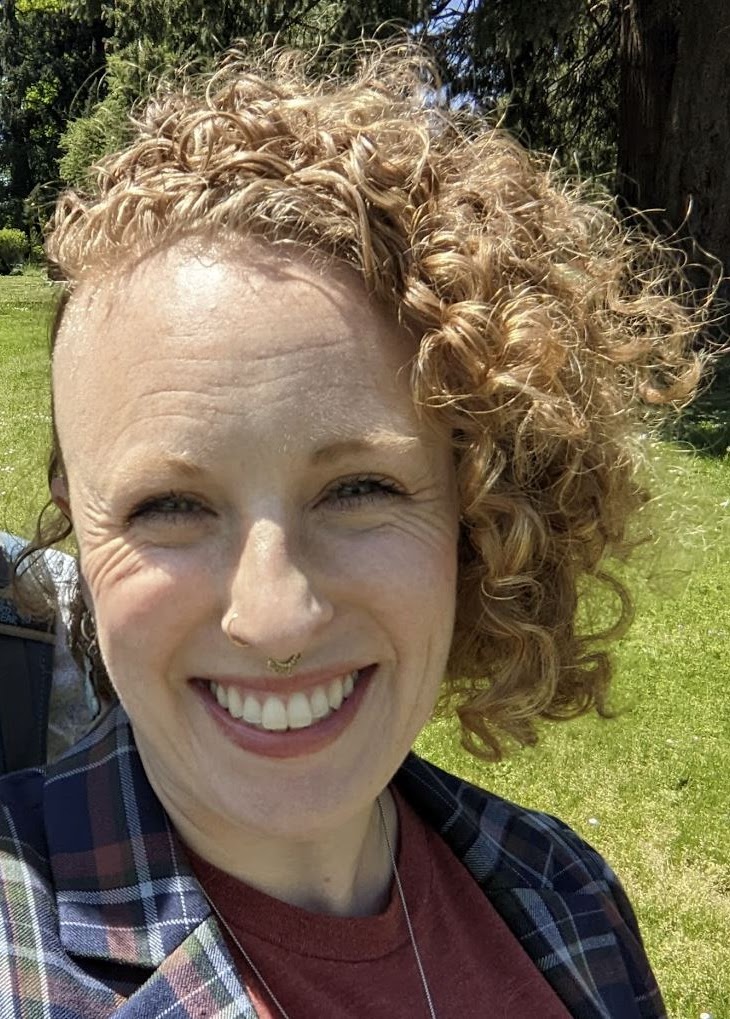
Kellum Tate-Jones
Refugium Consulting LLC
kellum@refugiumconsulting.com
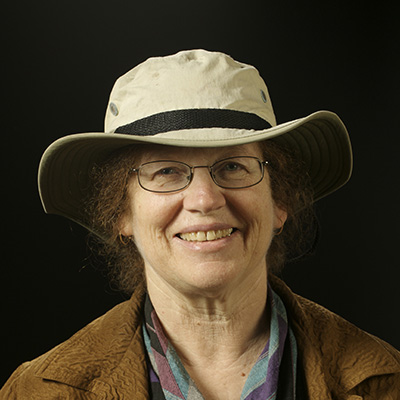
Lori Dengler
Cal Poly Humboldt
lad1@humboldt.edu
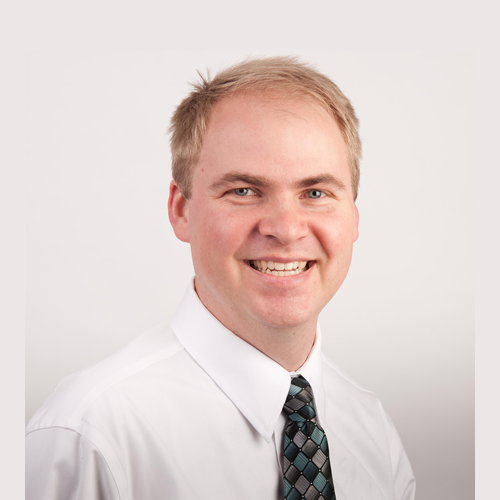
Michael Olsen
Oregon State University
michael.olsen@oregonstate.edu
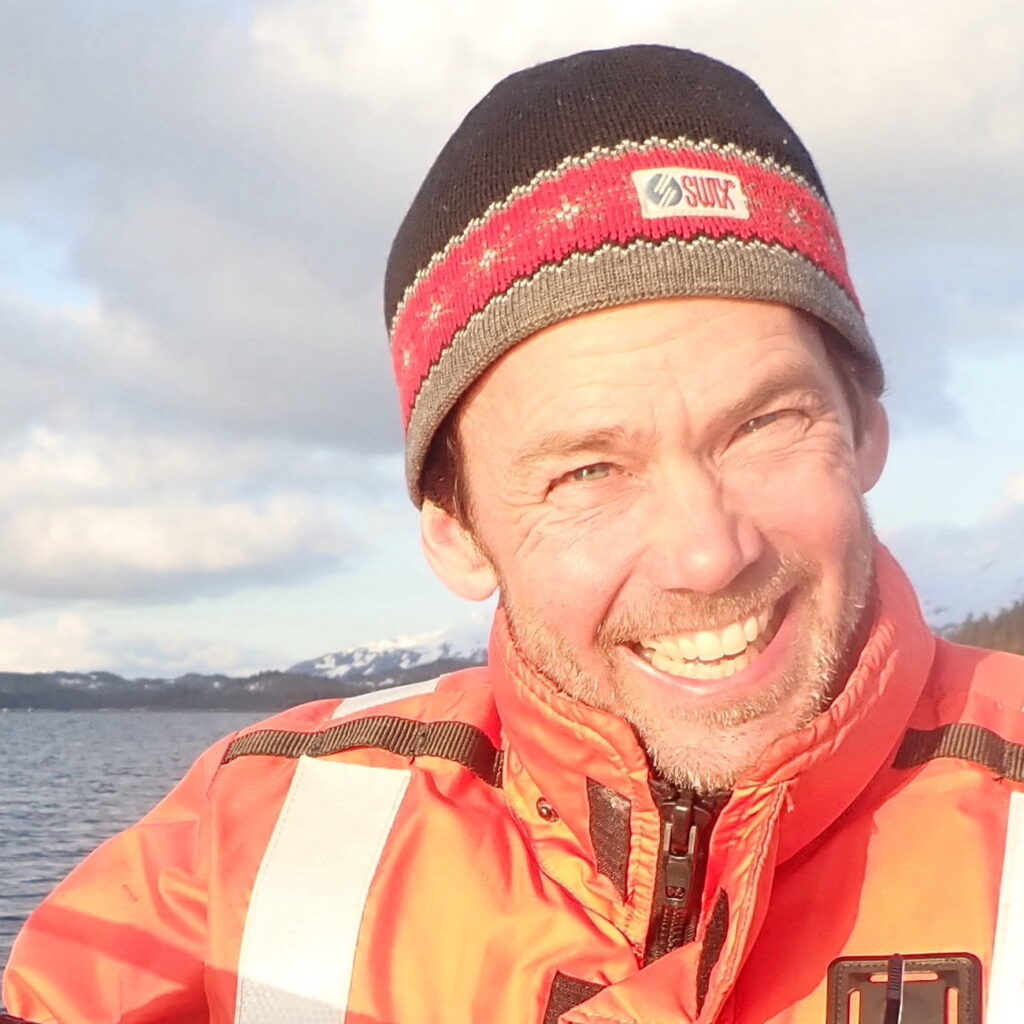
Rob Witter
United States Geological Survey
rwitter@usgs.gov
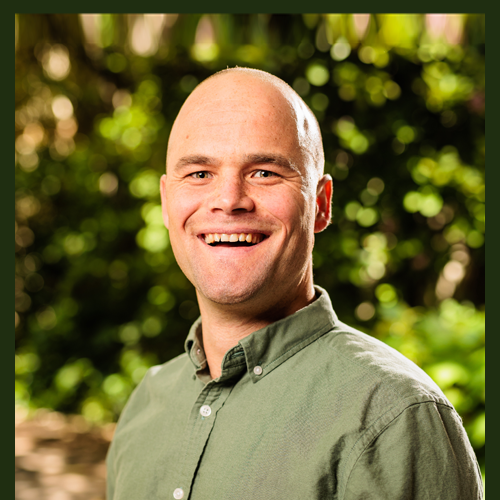
Pieter-Ewald Share
Oregon State University
pieter.share@oregonstate.edu
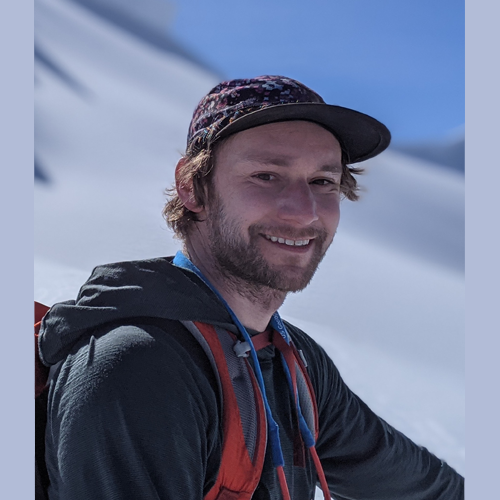
alex grant
United States Geological Survey
agrant@usgs.gov
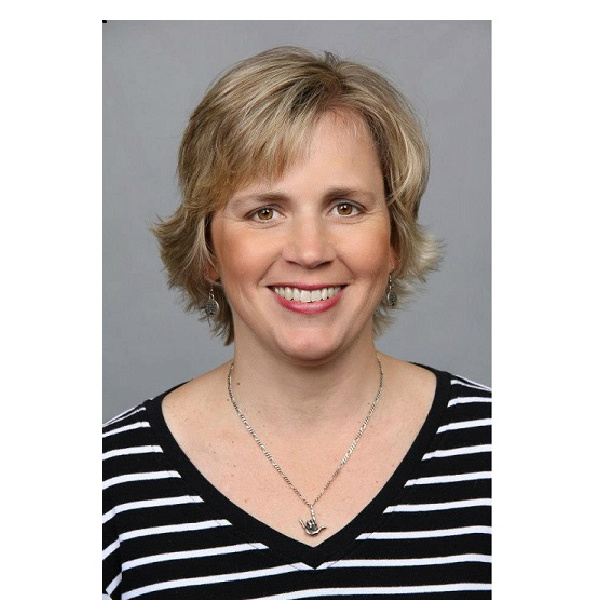
Sandy Thoms
University of Oregon
sthoms@uoregon.edu
